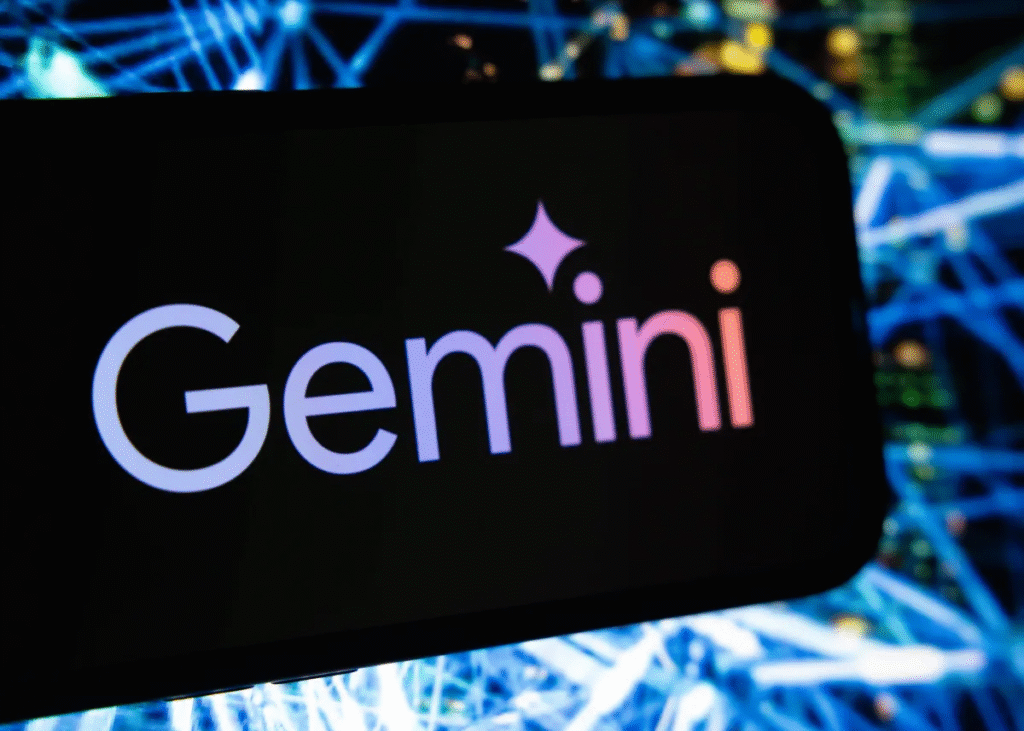Ilya Sutskever Steps Up: New AI Venture Aims for Safe Superintelligence
Ilya Sutskever, co-founder and former chief scientist of OpenAI, is taking the helm of a new company called Safe Superintelligence Inc. (SSI), focused exclusively on developing safe and aligned superintelligent AI. This move comes as co-founder Daniel Gross exits the company, leaving Sutskever as the sole leader of the ambitious effort. The transition highlights Sutskever’s deep commitment to building AI systems that are not only powerful but also controllable and beneficial to humanity.

SSI positions itself differently from traditional AI labs by prioritizing safety and long-term alignment over rapid commercialization. The company’s streamlined structure is designed to reduce distractions and competitive pressures, allowing it to maintain a laser focus on solving one of the most complex challenges in AI: creating superintelligence that humanity can trust.
xAI Powers Up: Musk’s Startup Secures Generators for Memphis AI Hub
Elon Musk’s xAI has received permits to install 15 natural gas generators at its Memphis-based data center, signaling the company’s rapid push to scale its AI infrastructure. Approved by Shelby County officials, the move ensures a stable backup power supply for the facility, which is becoming a key hub for xAI’s large-scale model training and deployment efforts.

The decision reflects xAI’s strategy to prioritize infrastructure resilience amid soaring energy demands in the AI sector. While the use of natural gas may draw scrutiny from environmental advocates, the company appears focused on speed, reliability, and autonomy in its race against major players like OpenAI, Google DeepMind, and Anthropic. The Memphis buildout also hints at Musk’s broader vision of integrating xAI technologies across his ecosystem, including Tesla, X (formerly Twitter), and potentially even SpaceX.
Google Unleashes Veo 3: Next-Gen AI Video Model Goes Global
Google has officially rolled out Veo 3, its most advanced AI video generation model to date, making it globally available for creators, developers, and enterprise users. Veo 3 can generate high-resolution, realistic videos from text prompts and reference images, boasting improved consistency, motion accuracy, and creative control compared to earlier versions.

The global launch marks a major leap in AI-driven content creation, putting Google in direct competition with models like OpenAI’s Sora and Runway’s Gen-3 Alpha. Veo 3 is positioned as a powerful tool for filmmakers, advertisers, and digital artists, enabling everything from stylized short films to precise scientific visualizations. With AI video generation quickly becoming a frontier of generative tech, Veo 3 sets a new bar in both quality and scalability.
Perplexity Pro: AI Search Startup Bets Big with $200/Month Premium Tier
Perplexity, the rising AI-powered search startup, has launched a bold new $200/month subscription plan targeting professionals and enterprises who demand high-volume, high-speed access to its advanced AI tools. This premium tier, named Perplexity Pro, offers significantly expanded usage limits, priority access to new features, and enhanced performance for intensive research and business needs.

The move signals Perplexity’s ambition to compete not just on product innovation, but on monetization strategy as well—positioning itself as a serious player alongside AI giants like OpenAI and Google. While the steep price tag may limit appeal to niche users, it reflects growing demand from power users who see AI search not just as convenience, but as a critical workflow engine.
Silicon Boost: Trump’s Spending Bill Could Supercharge U.S. Chipmakers
U.S. chipmakers may be poised for a major financial lift if former President Donald Trump’s proposed spending bill passes, offering expanded tax credits for domestic semiconductor manufacturing. The bill, introduced as part of his economic agenda, aims to further incentivize reshoring chip production and reducing dependence on foreign supply chains—especially China.

If enacted, the measure could significantly benefit giants like Intel, AMD, and NVIDIA, reinforcing recent government efforts under the CHIPS Act. While supporters tout it as a strategic investment in national security and technological independence, critics warn of ballooning federal costs and potential favoritism. Still, the proposal highlights how central semiconductors have become to both politics and the future of the U.S. economy.
